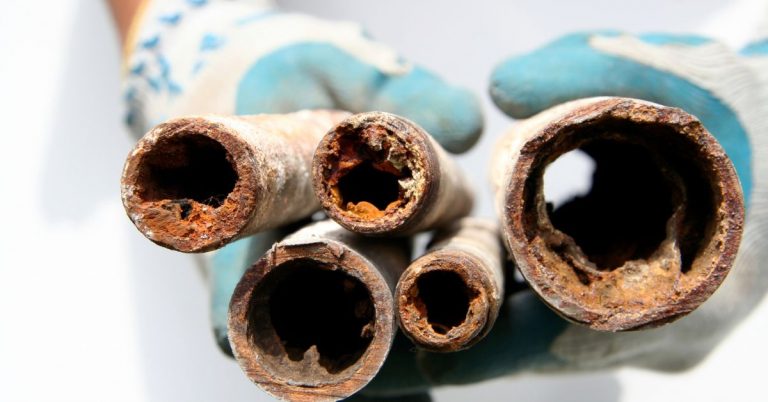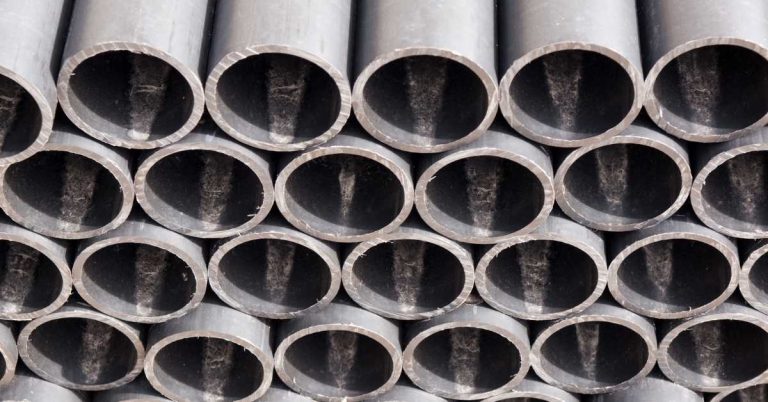Piping
Ryan L
Descaling or removing calcium buildup from pipes is essential to maintain efficient water flow and...
Replacing pipes in your home is a significant undertaking, but it’s essential to do so...
Water pressure describes how hard water is flowing out of a pipe in pounds per...
PVC (Polyvinyl Chloride) and uPVC (Unplasticized Polyvinyl Chloride) are two common types of plastic pipes...
PVC (polyvinyl chloride) is a thermoplastic that is molded into different shapes and sizes to...
Identifying whether you have lead pipes in your home is crucial for the safety of...
Polybutylene pipes were the pipes of the future in the 1970s. They were cheap, light...
Repiping a house involves replacing the plumbing pipes, typically due to aging or deteriorating pipes...
Water pipes burst when they are exposed to temperatures of 20 degrees Fahrenheit or below,...










